News

AI’s new power of persuasion: it can change your mind
A new EPFL study has demonstrated the persuasive power of Large Language Models, finding that participants debating GPT-4 with access to their personal information were far more likely to change their opinion compared to those who debated humans.
News type :
News

David Atienza appointed ACM CSUR Editor-in-Chief
David Atienza, head of the Embedded Systems Lab in the School of Engineering, has been named Editor-in-Chief of the journal Computing Surveys (CSUR) of the Association for Computing Machinery (ACM).
News type :
News
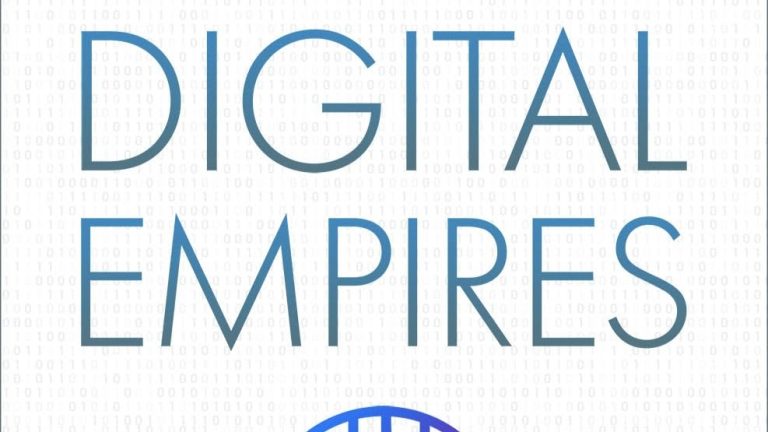
Book Review: “Digital Empires. The Global Battle to Regulate Technology” – Anu Bradford (2023)
Our new C4DT Digital Governance Book Review is out! This time: Anu Bradford (2023) “Digital Empires. The Global Battle to Regulate Technology.” In her new book, Bradford offers an in-depth, objective analysis of the three dominant regulatory models for digitalization—market-driven by the US, state-driven by China, and citizen-driven by the…
News type :
News

The Swiss Confederation E-ID Public Sandbox Trust Infrastructure
This is the 1st part of a series of articles: The Swiss Confederation E-ID Public Sandbox Trust Infrastructure The Swiss E-ID Journey C4DT Demonstrator using the Swiss Public Sandbox Trust Infrastructure Empowering Digital Identities: The SSI Protocol Landscape Switzerland’s E-ID journey so far In 2021, the Swiss E-ID law proposition…
News type :
Blog posts
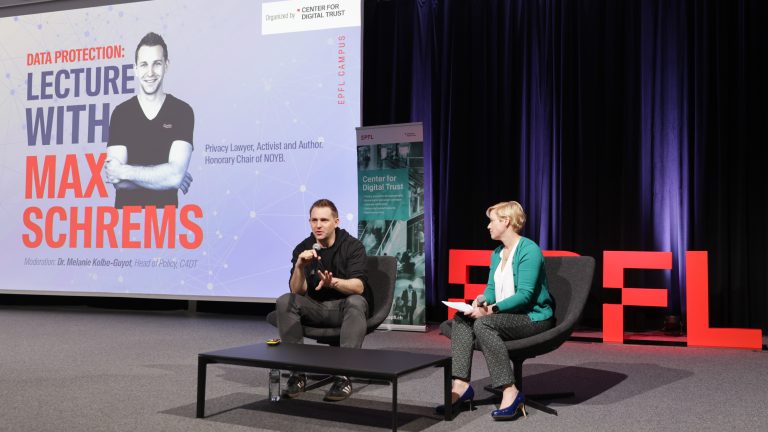
Max Schrems: «L’hypocrisie des empires du numérique sur nos données est sans limite» – Le Temps
[Lang: Fr] [letemps.ch] Une Interview de Max Schrems pour Le Temps, à l'occasion de son passage à l'EPFL.
News type :
News

Exploring the Digital Chessboard: The US, China, and EU’s Approaches to Privacy and Security Governance
By Melanie Kolbe-Guyot, Head of Policy, C4DT It is no secret that we are in the midst of an intense technological rivalry among the great powers of the United States, China, and the European Union; a rivalry that encompasses economic, security, and geopolitical dimensions. The development, control, and weaponization…
News type :
Blog posts

Launch of C4DT Cloud initiatives
The C4DT launches 3 different initiatives to promote and enable trustworthy and sovereign cloud computing. They build on C4DT’s Conference on Trustworthy and Sovereign Cloud Computing, which was held in September 2023 at the Starling Hotel in St.-Sulpice, and discussions with our partners and conference participants.
News type :
News

Strategic Academic Alliance for Innovation in Cybersecurity and Digital Trust
A noteworthy development in the field of innovation sees EPFL, HEIG-VD and UNIL joining forces at the highest level, with the support of the Canton of Vaud, to unveil the outline of the [seal] Program. This initiative aims to stimulate collaboration between the three universities and accelerate the transfer of…
News type :
News

[FR] Affaire Taylor Swift: la prolifération des «deepfakes» est jugée «alarmante et terrible». Comment les combattre?
Créées avec des logiciels utilisant l’intelligence artificielle, des photos et des vidéos pornographiques de la star ont été vues des millions de fois. Face à ce fléau, des solutions techniques et juridiques sont esquissées. Mais leur efficacité est incertaine
News type :
News

Mathias Payer as ACM Distinguished Member 2023
International Computing Society Recognizes 2023 Distinguished Members for Significant Achievements, and Mathias Payer, Associate Professor at the HexHive Lab, EPFL, is one of the members!
News type :
News
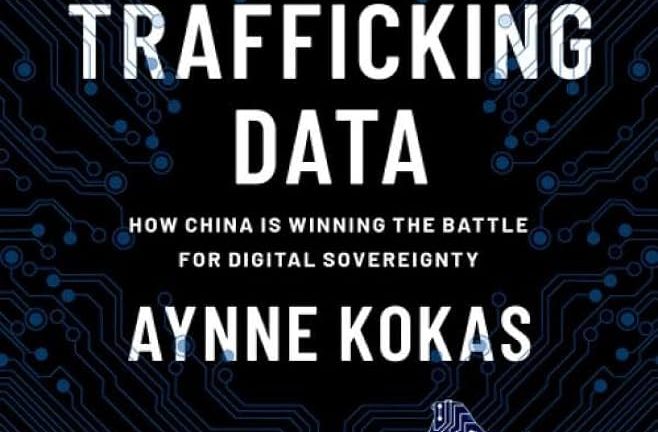
Book Review : “Trafficking Data. How China Is Winning The battle For Digital Sovereignty” – Aynne Kokas (2023)
Our new C4DT Digital Governance Book Review is out! This time: Aynne Kokas (2023) "Trafficking Data. How China is Winning the Battle for Digital Sovereignty.” In her book, Kokas examines China's agenda to establish itself as a cyber superpower through its strategic data governance approach.
News type :
News
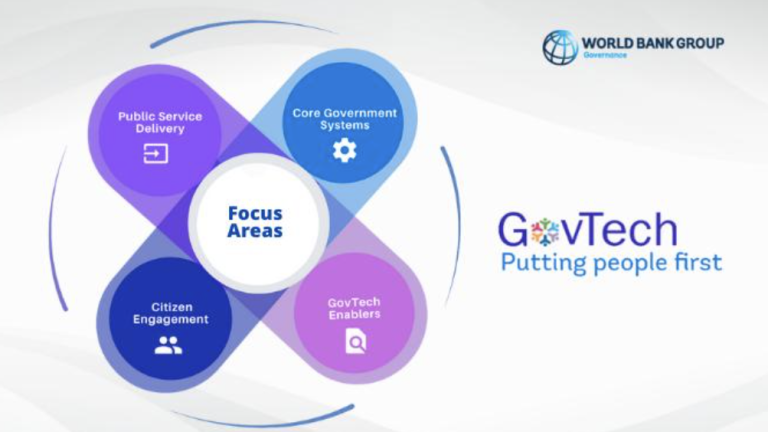
C4DT as World Bank GovTech Partners
We are pleased to announce that the Center for Digital Trust has joined The World Bank’s GovTech Global Partnership program! This partnership will facilitate the integration of hashtag#academic insights to improve the effectiveness of public sector operations through technological applications, significantly enhancing the quality and efficiency of public services.
News type :
News

Dr. Stojilovic’s Work Featured On ‘Proceedings Of The IEEE’ Cover
The work Dr. Stojilovic from Prof. Falsafi’s lab did on the security of reconfigurable cloud computing graces the cover of the December issue of the Proceedings of the IEEE.
News type :
News
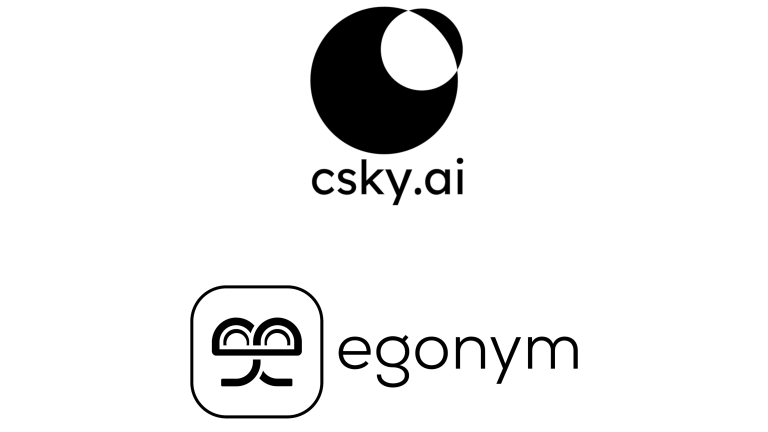
csky.ai and Egonym join the C4DT through its associate partner program
We are delighted to announce that two additional partners have joined the C4DT community!
News type :
News

Marcel Salathé Shares Opinion on AI Development in Universities
[nzz.ch][Lang : En] "Universities also have to develop AI - this is the only way to guarantee that the technology remains transparent" -- Marcel Salathé, professor of digital epidemiology and co-director of the EPFL AI Center.
News type :
News

Prof. Rachid Guerraoui Analyse l’Impact Grandissant De l’IA Dans Nos Vies
[rts.ch][Lang : Fr] Dans le 19h30, le professeur à l'EPFL Rachid Guerraoui tire le bilan d'une technologie qui s'insère petit à petit dans notre quotidien.
News type :
News

EPFL’s new Large Language Model for Medical Knowledge
EPFL researchers have just released Meditron, the world’s best performing open source Large Language Model tailored to the medical field designed to help guide clinical decision-making.
News type :
News

Empreinte Numérique: «Un monde sans vie privée est un monde sans liberté» – Entretien Avec Carmela Troncoso
[heidi.news][Lang: Fr] Carmela Troncoso, professeure en sécurité informatique et en protection de la vie privée à l’EPFL. A la tête du laboratoire Spring (Security and Privacy Engineering Laboratory), elle milite pour le respect des libertés individuelles dans le monde numérique.
News type :
News

[FR] “Les Dangers de TikTok Sur Les Enfants”, Olivier Crochat pour Les Beaux Parleurs, RTS
[rts.ch][Lang:Fr] Olivier Crochat, affilié au C4DT et spécialiste en confiance numérique, s'exprime dans l'émission de la RTS "Les Beaux Parleurs" à propos des dangers de l'application TikTok sur les plus jeunes d'entre nous.
News type :
News

QuoteBank : New EPFL Tool Shows Decline Of Political Tone In The US
[En] A new EPFL developed tool, Quotebank, has helped researchers provide the first large-scale data-driven evidence of a drastic shift towards a more negative political tone beginning at the start of Donald Trump’s primary campaign in June 2015.
News type :
News
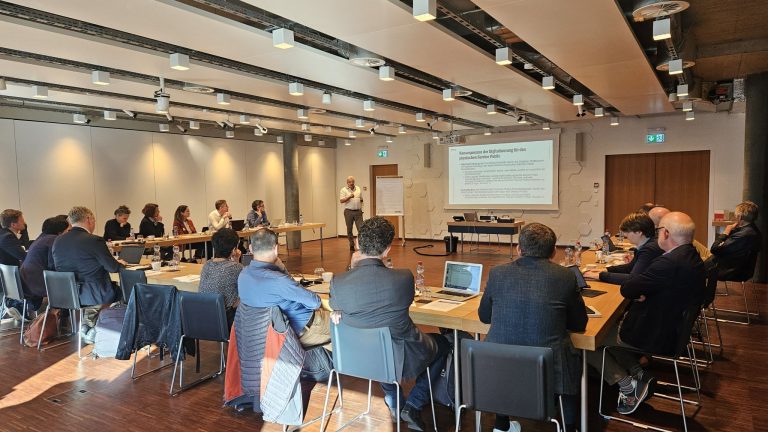
2. Digital Service Public Workshop
On October 4th, C4DT brought together 20 stakeholders from the Swiss service public sector, administration, politics, civil society and academia to discuss the relationship between digital platforms and traditional physical public services. The goal was to explore the need for action, room for maneuver, and potential initiatives to develop recommendations…
News type :
News

“Deepfake Débat” : Projet de Carine Jaggi avec Sabine Süsstrunk, Lauréat du Programme NeoDoc
[langue : français] Le projet de Carin Jaggi et Peter Grönquist, avec SSüsstrunk, intitulé "Deepfake Débat" est l'un des sept lauréats du programme "NeoDoc, nouvelles expressions documentaires", et soutenu par la RTS. Les divers projets sélectionnés entreront en production cet automne et seront visibles dans différents lieux de Suisse romande…
News type :
News
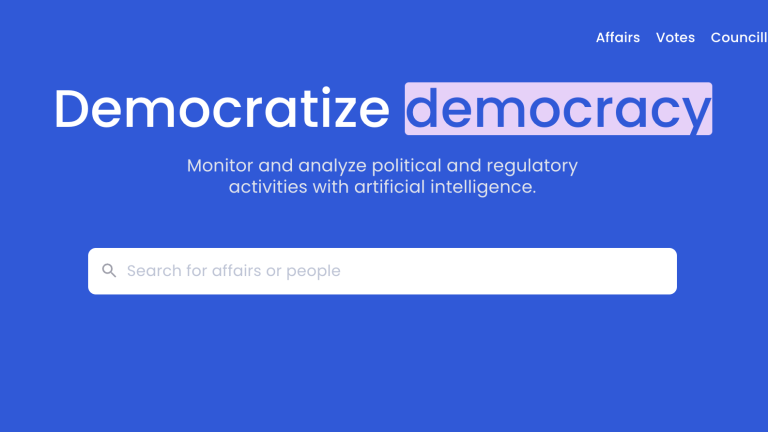
DemoSquare Wins Venture Kick’s First Stage of Financial and Entrepreneurial Support
Venture Kick has awarded a grant of CHF10,000 to DemoSquare – an EPFL spinoff (by PhD students Victor Kristof and Jérémie Rappaz) that aims to make the democratic process more transparent and more accessible. Turning their research into a product, the team is now preparing for their official launch on…
News type :
News
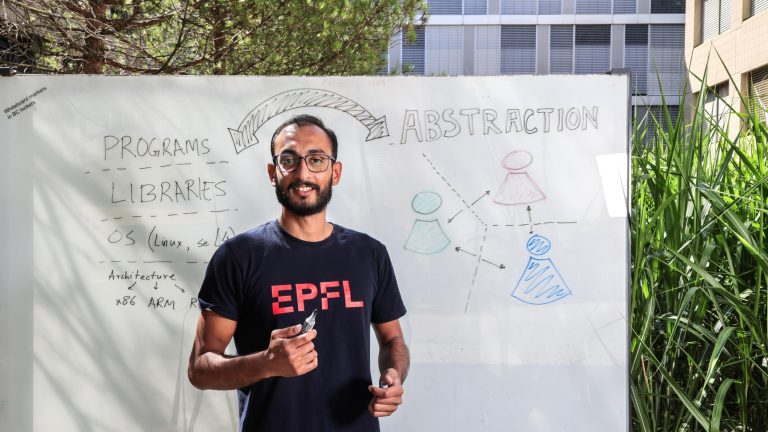
EPFL PhD Student wins Qualcomm Innovation Fellowship Europe
"My computer architecture research intersects with security" - EPFL student Atri Bhattacharyya has won a prestigious Qualcomm Innovation Fellowship Europe for research in the fields of AI and cybersecurity.
News type :
News